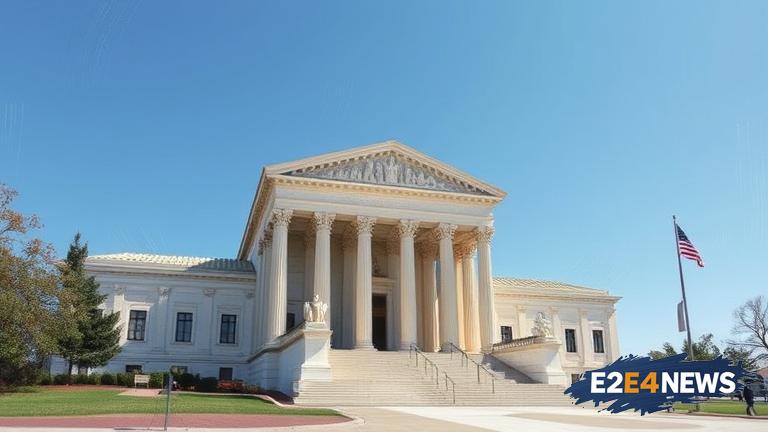In a significant legal move, election security groups have filed a petition with the U.S. Supreme Court, seeking to block the inclusion of ballots that arrive after Election Day in the final vote count. The groups argue that allowing late-arriving ballots undermines the integrity of the electoral process and could lead to disputes over the legitimacy of election outcomes. They emphasize the importance of maintaining clear deadlines to ensure public trust in the democratic system. The petition highlights concerns about potential fraud and logistical challenges associated with processing ballots after the designated cutoff. The case comes amid broader debates about election security, particularly regarding mail-in voting, which has seen increased usage in recent elections. The groups contend that existing laws and precedents support their position, asserting that ballots received after Election Day should not be counted. They also point to the potential for delayed results to cause confusion and erode voter confidence. The Supreme Court’s decision could have far-reaching implications for future elections, influencing how ballots are handled and counted nationwide. This legal challenge underscores the ongoing tensions between ensuring voter access and maintaining stringent election security measures. The case is being closely watched by election officials, legal experts, and the public, as it addresses a critical aspect of the electoral process. The outcome may set a precedent for how elections are conducted in the United States, particularly as mail-in voting continues to grow in popularity. The petitioners argue that upholding the deadline for ballot submission is essential to preserving the fairness and transparency of elections. They also stress the need for uniformity in election procedures across different states to avoid discrepancies that could impact the outcome of close races. The Supreme Court’s ruling on this matter is anticipated to provide clarity on the interpretation of election laws regarding ballot deadlines. This case is part of a larger conversation about election reform and the balance between accessibility and security in the voting process. The decision could influence pending and future legislation aimed at addressing these issues. As the legal battle unfolds, the focus remains on ensuring that the electoral system upholds the principles of integrity and fairness that are fundamental to American democracy.
